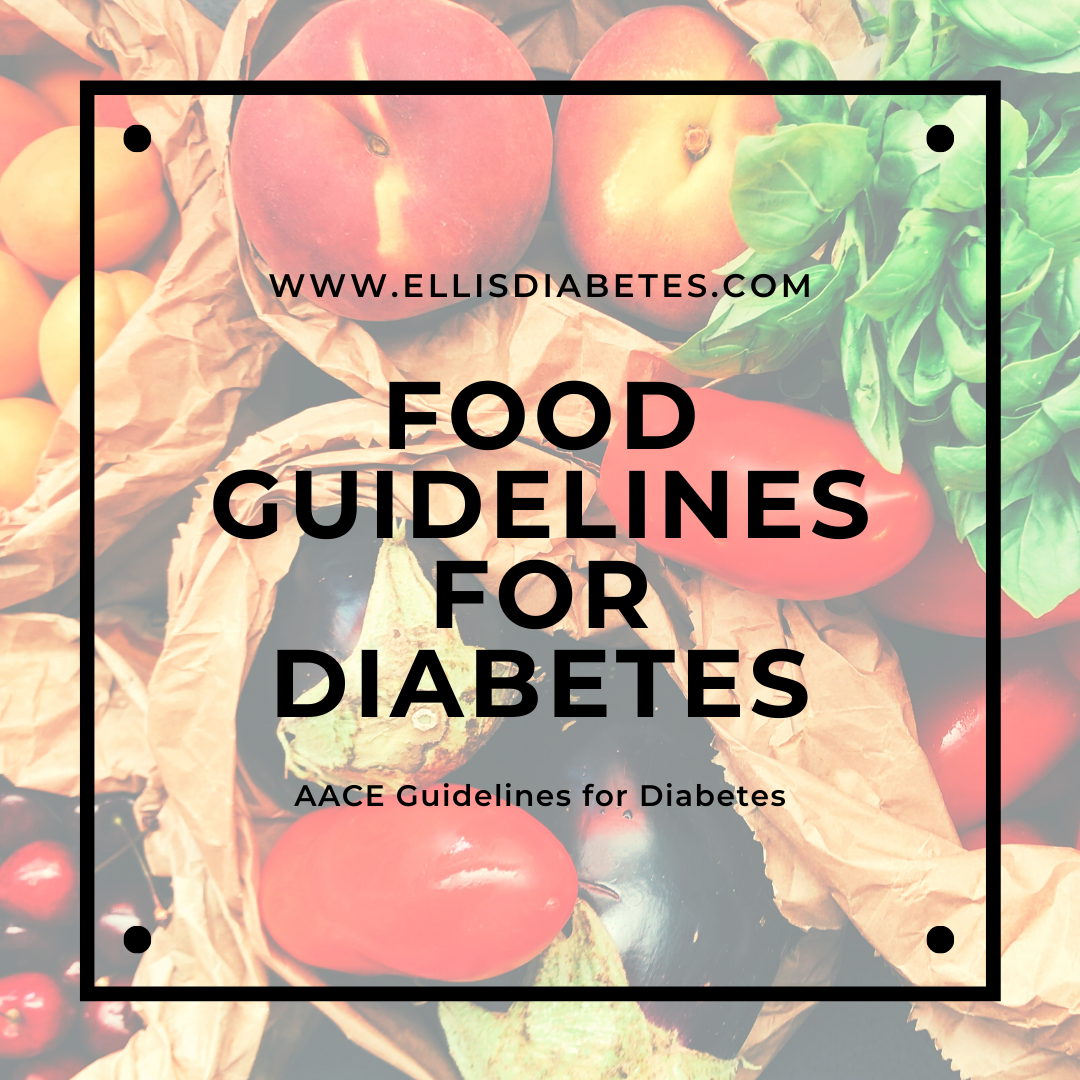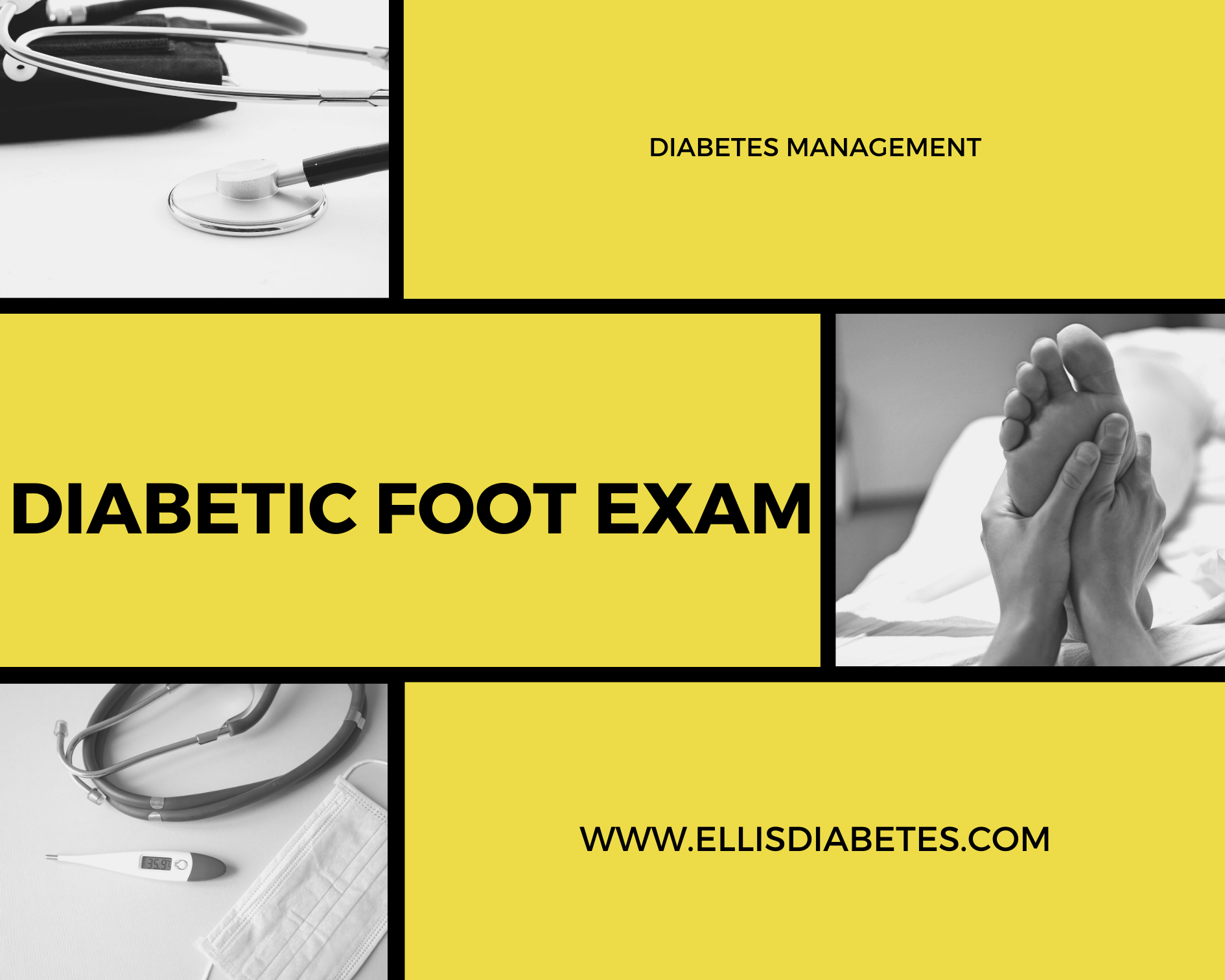HAPPY BLACK HISTORY MONTH!!! This month’s focus is on how we as providers can better engage those in the black community with diabetes!
All tagged nurse practitioner
Diabetes Self-Management Education & Support | The DSMES Process
Today, we are going to discuss Diabetes Self-Management Education & Support and the DSMES Process. Studies have shown us that to achieve better patient outcomes, DSMES is necessary. In fact, it is the cornerstone of diabetes management. Gone are the days where providers lead with an authoritative approach in patient care. It is shown that patient buy-in and the empowerment of self management is the most effective way to manage diabetes.
Advice & Tips for Nurse Practitioners | Tuesday Tips
Because my desire is to help nurse practitioners increase their confidence with managing their patients with diabetes, I try to answer as many questions as I possibly can. I created the TUESDAY TIP series to answer questions that need a straight forward answer.
The Holidays & The Diabetic...Mapping Out A Great Holiday With M.A.A.P.S.
The Holidays and the diabetic…let’s talk about! The holidays are upon us and we need to prepare our diabetic patients for them. I thought that it would be nice to put together a series discussing this and I came up with an acronym, M.A.A.P.S….helping our patients map out a GREAT holiday!
Prediabetes Treatment
PREDIABETES TREATMENT // In today's post, we will discuss prediabetes treatment. In previous posts, I gave an overview of prediabetes and discussed insulin resistance but I wanted to dive into what we can do as nurse practitioners to prevent and reverse prediabetes and ultimately prevent type 2 diabetes.
PREDIABETES
PREDIABETES…Let’s talk about!!! You can’t discuss diabetes without discussing it. According to the CDC, one third of American adults are categorized as “prediabetic.” That’s 88 million people! The sad part about it is that a large amount of people do not even know that they have prediabetes. So I felt it was only necessary for me to spend some time over the next few post discussing prediabetes.
Med Check: GLP-1 Receptor Agonists (Victoza, Trulicity, Byetta)
When I first started my YouTube channel, Kim E. The Diabetes NP, my first set of videos were over medications used to treat diabetes. I went through each class (there are 12 currently) and discussed the “Need to Know” Info for each. Here recently, I have been studying out medications again and wanted to revisit medications from time to time. One medication I would like to discuss today is a injectable drug class, GLP-1 Receptor Agonists (victoza, byetta, trulicity…just to name a few).
The NP Diabetes Starter Pack
A FREE bundle of the printable cheat sheets for the Nurse Practitioner. These cheat sheets cover the “Need to Know” info pertinent for Diabetes Education & Management.
Cultural Considerations pt. 2
Just popping in because I did an Instagram LIVE over my previous post. I felt like yesterday’s post wasn’t enough and I needed to come back and revisit the topic again. So, here is the recording for your viewing pleasure and if you are not already following me on Instagram, I’m pretty active over there, @thediabetesnp.
Cultural Considerations with Diabetic Patients
As nurse practitioners (or any provider for that matter), we must practice cultural awareness with EVERY single patient. Let me say that again…EVERY patient! Now saying that, I know that many people think I’m stating the obvious but let me break this down. Over the past week, I’ve come across a number of articles and other online postings that lead me to ask the question, “Do we really get it?”
Emotional Awareness During Eating
Hey guys! I wanted to pop in to discuss a way that can assist in the patient’s emotional awareness during eating. One component you can add to your Dietary Food Recall is the location of where they are eating and their feelings at the moment of eating. Let me explain…
Medical Nutrition Therapy for Diabetes
According to the Centers for Disease Control & Prevention (CDC), Medical nutrition therapy (MNT) is a key component of diabetes education and management. MNT is defined as a “nutrition-based treatment provided by a registered dietitian nutritionist.” It includes “a nutrition diagnosis as well as therapeutic and counseling services to help manage diabetes.”
What Diet is BEST for Diabetes?
Yesterday, I posted an overview over the Food Guidelines for Diabetes by AACE. Today I would like to answer a question that, as providers, we get often: “What’s the BEST diet for Diabetes?”
Read More—>
Food Guidelines for Diabetes
How many times have you been asked by patients: “How should I eat as a diabetic?” or “What’s the best diet for diabetes?” or “What kinds of food can I eat?” For me…countless times but have you noticed when it comes to dietary counseling for diabetes, it’s a broad spectrum. It’s kind of all over the place. With all of the fad and designer diets, no wonder our patients are confused.
THE PATIENT CORNER | Proper Foot Exam
As I mentioned in the previous post, ensuring that your patients know how to perform proper foot care is crucial and it can single-handedly prevent or reduce the chance of diabetic compications such as neuropathy, peripheral artery disease, and even amputations.
Diabetic Foot Examination | Nurse Practitioners
Today let’s talk about the diabetic foot exam. As NURSE PRACTITIONERS, we need to make it a habit to check our patients' feet when they come into the office. Not only do we need to access their feet but we also need to educate our patients over proper diabetic foot care so they will be empowered at home to care for their feet. Some may think that this is excessive but, this is a simple way to prevent any complications and decrease the advancement of any diabetic complications that already exist.
Hypoglycemia
In today's video, I discuss HYPOGLYCEMIA in diabetes and what NURSE PRACTITIONERS need to keep in mind when managing and treating our patients. This would include how to treat hypoglycemia and proper patient education. This is a topic that I believe can be glossed over because it is so common in diabetes mellitus but that is the very reason we should cover hypoglycemia in diabetes periodically...because it is common!
Signs and Symptoms of DIABETES Complications from Diabetes
In today's video, I give a brief overview of the common complications of DIABETES...common signs and symptoms of diabetes. For the month of March, I will be detailing each complication individually to better educate you over each condition.
The Patient Corner (MONITORING)
The Patient Corner (MONITORING) // On today's PATIENT CORNER, we are discussing MONITORING! It is recommended for you to monitor your blood glucose at home (self-monitoring blood glucose) and for you to come into the office to have lab work done regularly.
Diabetics at Higher Risk for Heart Disease
Diabetics are at Higher Risk for Heart Disease...2-3x more at risk. Last week, I had a casual conversation with Devyn Nixon, APRN, FNP-C about the African American diabetic in relation to heart disease. In this video, I go more in detail over that subject.




















